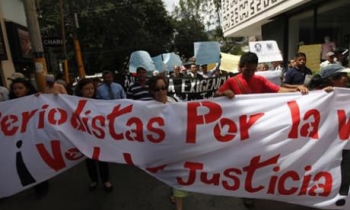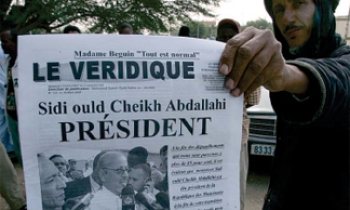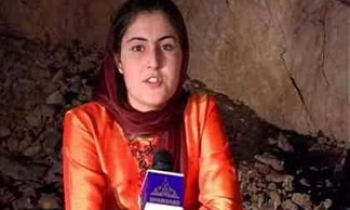Index on Censorship's annual Freedom of Expression Awards have honoured journalists, writers, lawyers, campaigners, filmmakers and whistleblowers who have made a significant contribution to free expression over the past year.
This is the fifth year of our annual awards, given to people who have made outstanding contributions, often heroic ones, to the defence of free expression, through their writing, film making, campaigning or whistleblowing.
Index on Censorship, as a magazine that monitors and scrutinises violations of free expression, honours these people, as well as all the ones we couldn’t give awards to, and aims to make their suppressed or under-reported stories more widely known.
We’re living in a world where people with widely different cultural habits and beliefs, religious or otherwise, are living in close proximity. Communication across continents can be achieved by the touch of a button; news travels thousands of miles in minutes.
In this world, where misunderstandings happen easily and people are prone to take offence, the power of words (and images) is coming under the closest scrutiny. The issue of offence, of religious and other sensitivities, has become paramount, and is challenging the right to free expression.
A bigoted historian is jailed by an Austrian court for his views on the Holocaust. Cartoons published in Denmark result in riots across the globe. The President of Harvard puts forward ideas on why fewer women than men excel in science, and is forced to resign.
These are complex issues with different historical, legal and ethical roots. So it’s perhaps important for us to reiterate why free expression matters. First, we cannot accept any collective control of the culture, which means, as Orwell said, we must have the right to tell people what they do not want to hear.
Then there’s the essential issue of democratic transparency, where a free press - the fourth estate, the watchdog - has a duty and responsibility to hold government accountable.
And last, and perhaps most difficult, there is democratic fairness; as Ronald Dworkin has so eloquently said, if we want people to accept democratic procedures and laws that express the majority’s will, then everyone must have not just a vote but a voice, however much we may dislike what they are saying.
Censorship is a tool of power, as these Index awards so eloquently demonstrate. The work of Index on Censorship in defending free expression has never been more important.









